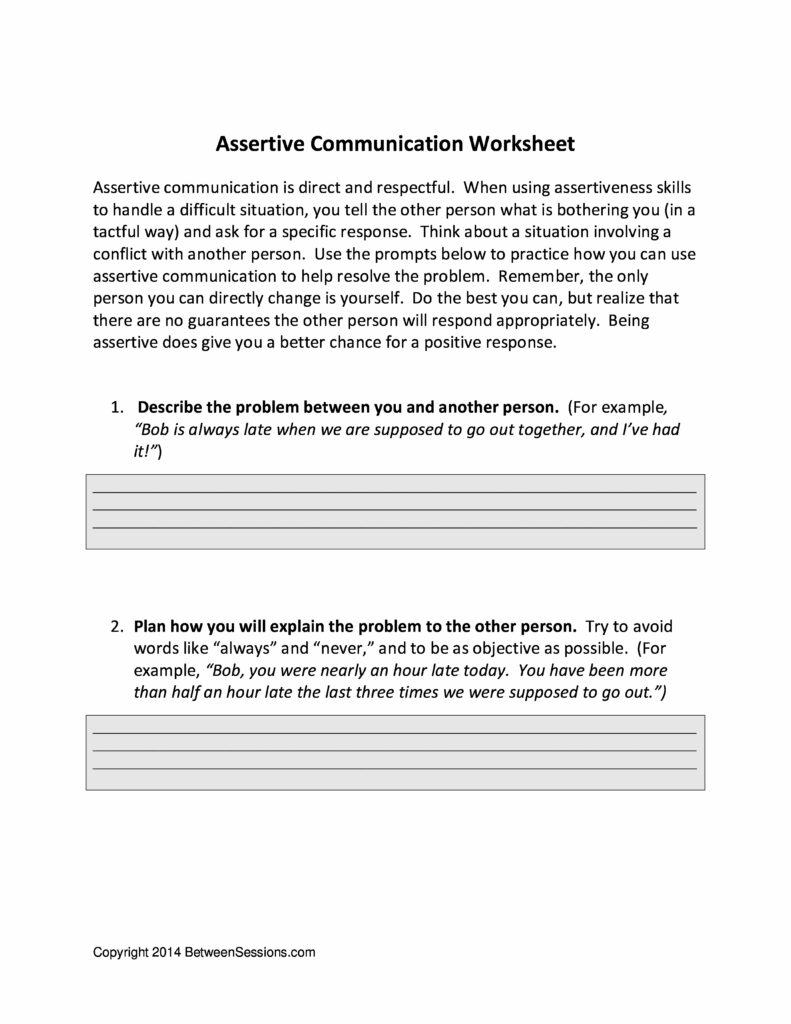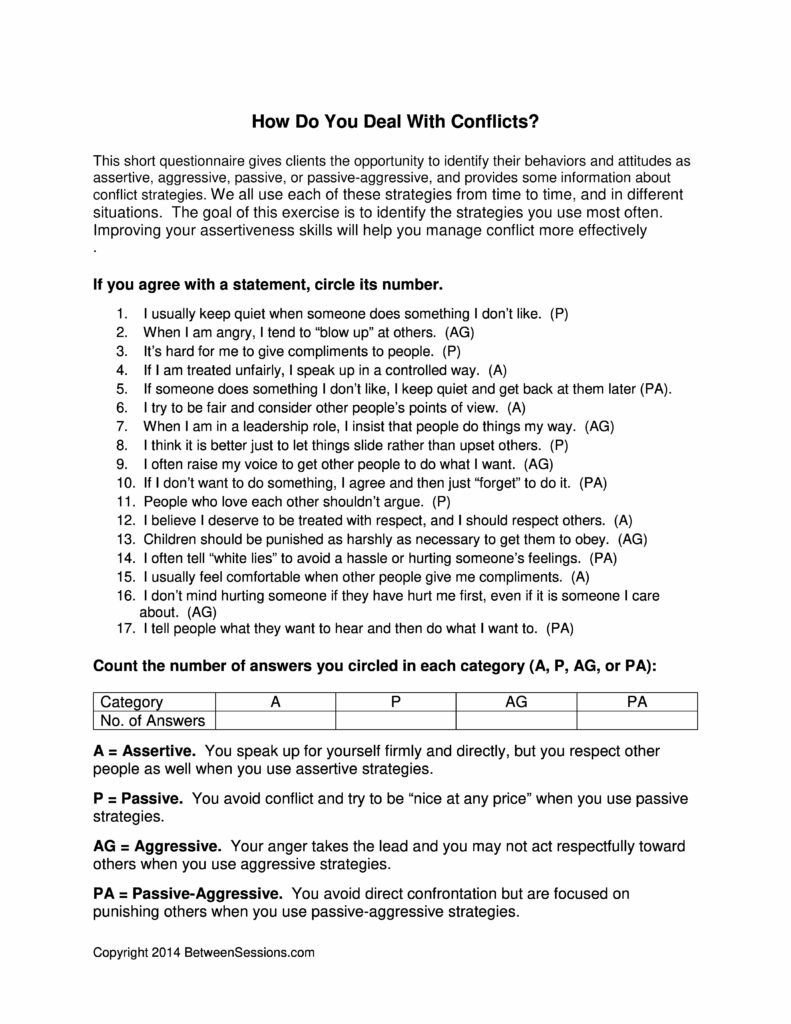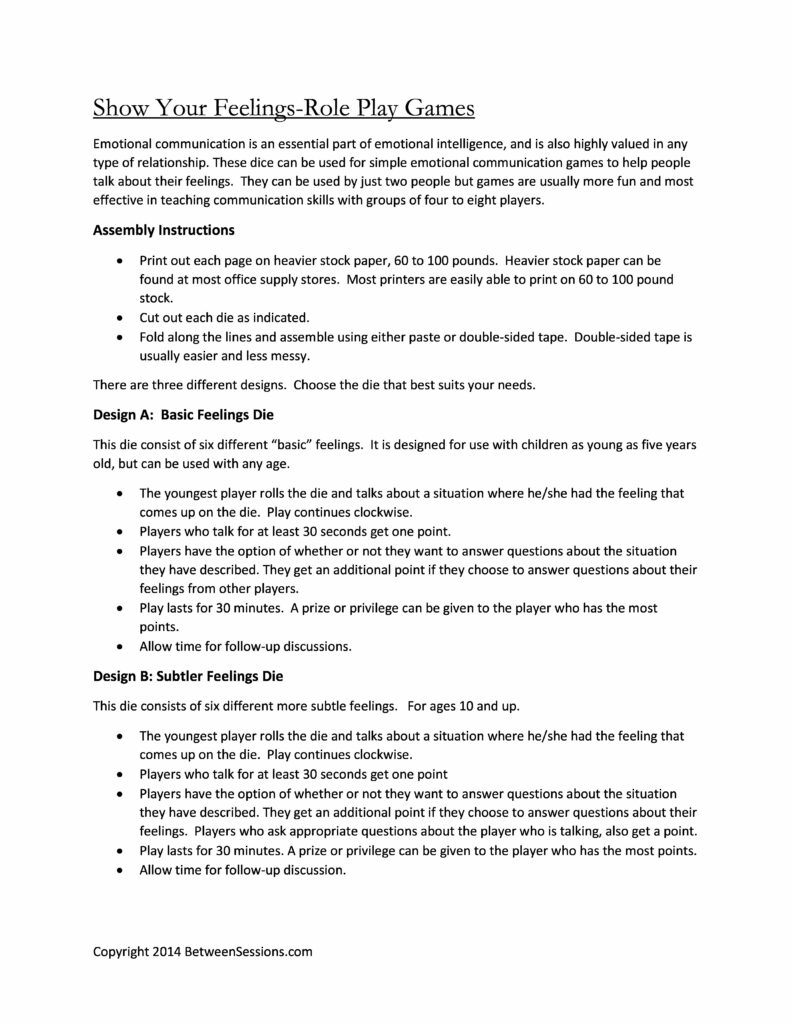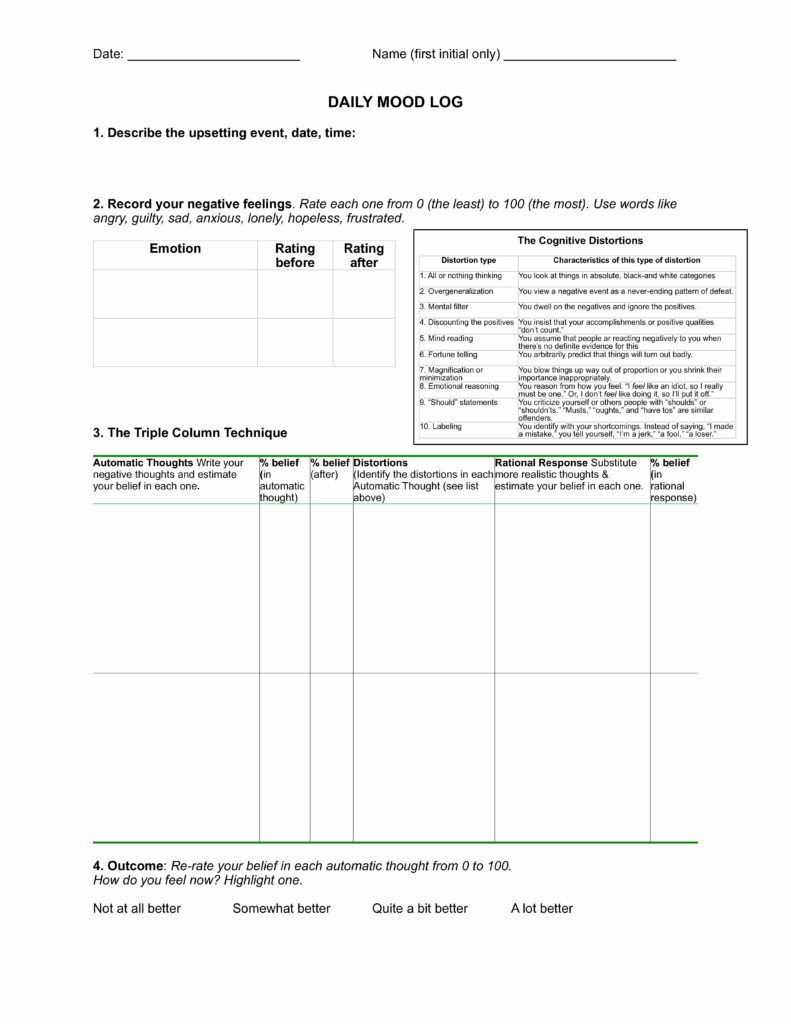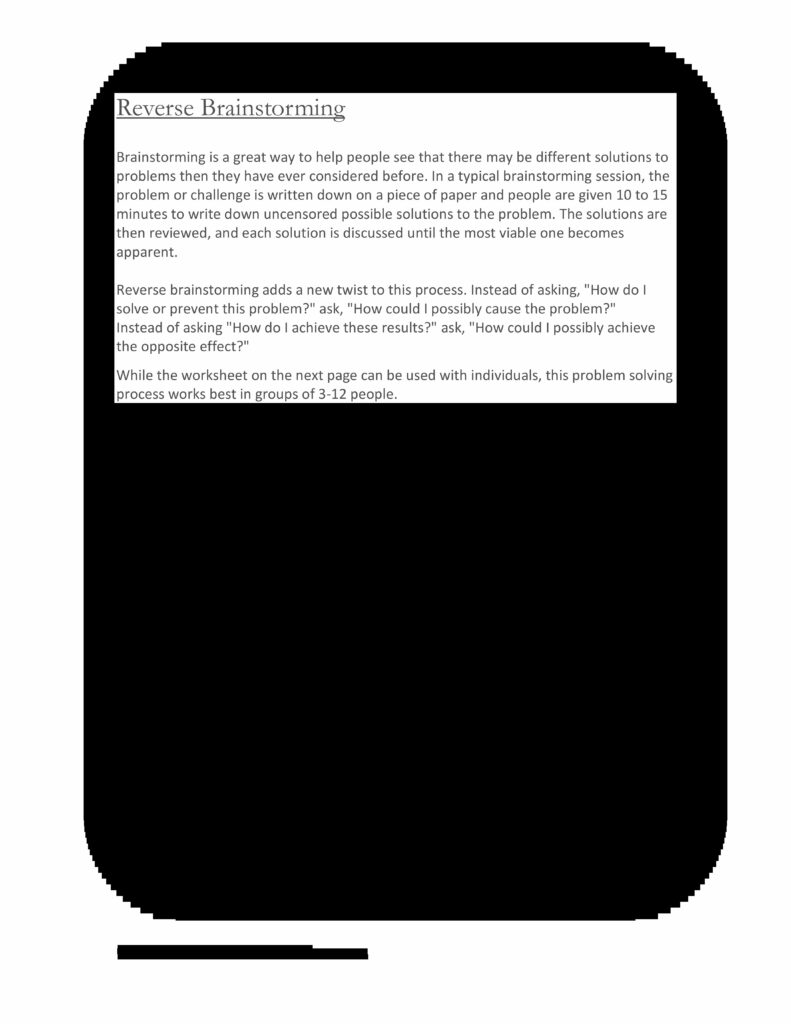Teens have a special way of communicating and learning about themselves, so we’ve made sure that all our therapeutic activities for teens are appealing and engaging to this age group.
To modify the tools, click the ‘Send to Client’ button by each tool to open the Psychology Forms Filler. You can then edit the tool as you see fit and either print it out or send it to a client to be filled out online. Click here for a tutorial on using the Psychology Forms Filler.
We’ve tried to address every teen issue we can think of, and more tools are added every week!
If you are looking for something you can’t find on this site, please let us know by clicking here and our team of writers, graphic artists, and therapists will custom-design it for you.
This fact sheet, prepared by the National Child Traumatic Stress Network, is intended to help parents be aware of things they can do to prevent acquaintance rape, and to know how to respond if a rape occurs. As many as one in four young women report that they were physically or verbally pressured into having sex within the last year. Form Type: PDF (914)
This fact sheet discusses myths and facts about teen sexual abuse and provides websites and hotlines of where teens can get help. Prepared by the National Child Traumatic Stress Network. (0914)
This handout is designed to help teens who have been sexually abused disclose the abuse and understand what will happen next. Form Type: PDF (914)
The highly detailed hand-out is a must have for all parents of teens. It includes information on what parents should look for if their teen is taking certain drugs, and how each drug would affect someone using it. Prepared by the National Child Traumatic Stress Network. Form Type: PDF 914
This worksheet helps clients to identify a conflict, describe it in nonjudgmental terms, explain how the other person’s behavior has affected them, and ask for a specific response.
This short questionnaire gives clients the opportunity to identify their behaviors and attitudes as assertive, aggressive, passive, or passive-aggressive, and provides some information about conflict strategies. (conflict management, communication)
Get people talking about their feelings with three “cut and tape” dice games. These games are fun to play and a great way to encourage kids, teens, or even adults to talk about their feelings.
This worksheet will help people create a hierarchy of feared situations according to their SUDS (Subjective Units of Distress Scale) rating. It is intended for use with the Practicing Exposure Therapy Worksheet. PDF
This form can be used to by clients to record and change dysfunctional thoughts and to see how these thoughts affect their moods.
This form can be used to help clients who are “stuck” in a particular situation and can’t seem to find any appropriate solution to a problem or challenge. It can be used with individuals, but any kind of brainstorming is generally most productive in a group situation.





